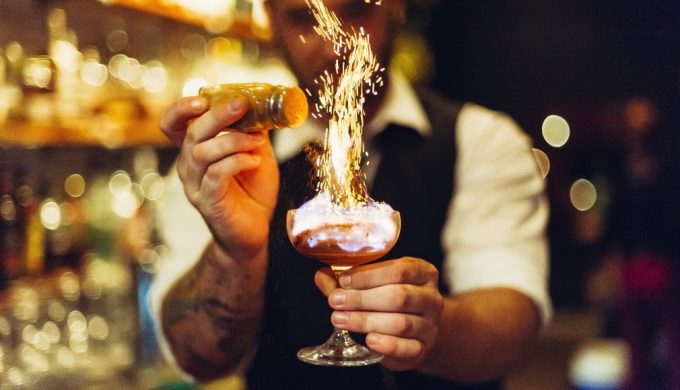As cases of COVID-19 surge in Texas, businesses such as barbershops, hair salons, and others are currently allowed to remain open and operate. Bars, however, are required to shut down. In response, 22 Texas bar owners have brought a lawsuit against Governor Greg Abbott, as well as the Texas Alcoholic Beverage Commission, citing unfair discrimination. Representing lawyers are arguing the decision to only close select business types goes against the Texas constitution. They are asking for “compensatory damages,” and for a temporary ban on Abbott’s order by a judge.
Texas bars were ordered closed at midnight on March 20, then reopened to 25% capacity on May 19, and expanded to 50% in June. Concern arose, however, toward the end of June when cases of COVID-19 rose dramatically. On the 25th, the Lone Star State recorded 5,996 new cases, at the time, the highest single-day total of positive tests for the disease. The next day, Governor Abbott announced an immediate closure of bars and other outside businesses, blaming the case increase on “certain types of activities, including Texans congregating in bars.”




